
Organized by The State Key Laboratory of Flexible Electronics (LoFE), Northwestern Polytechnical University, Nature, Nature Biomedical Engineering, Nature Computational Science and Nature Communications.
In this, the 4th Nature Conference on the general theme of “flexible electronics”, we will focus on how these emerging technologies can facilitate the understanding of human disease or physiological conditions, or more generally be applied to facilitate improvements in human health and wellbeing. The program will cover sessions on electronic devices/materials for sensing and modulation of biological systems, wearable and implantable technologies for healthcare, AI-powered medical devices, and brain-computer interface. The goal is to bring together experts from materials science and engineering, biomedical engineering, computational science and clinicians to foster thoughtful discussion, debate and collaboration for the advancement of biologically and biomedically relevant research in flexible electronics and beyond.
Register Now Submit AbstractContact Us
Event details
Speakers
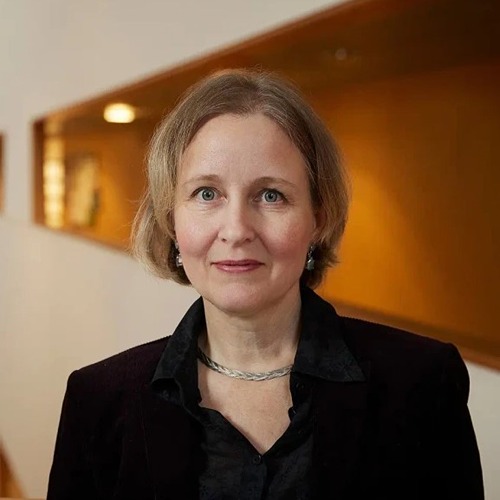
Maria Asplund
Chalmers University of Technology, Sweden
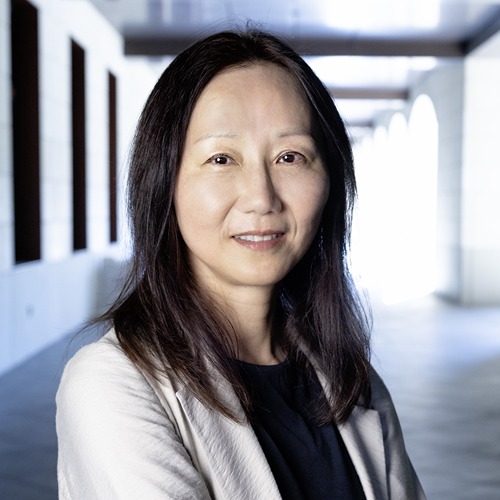
Zhenan Bao
Stanford University, USA
Prior to joining Stanford in 2004, she was a Distinguished Member of Technical Staff in Bell Labs, Lucent Technologies from 1995-2004. She received her Ph.D in Chemistry from the University of Chicago in 1995.
Bao is a member of the National Academy of Sciences, the National Academy of Engineering, the American Academy of Arts and Sciences and the National Academy of Inventors. She a foreign member of the Chinese Academy of Science.
Bao is known for her work on artificial electronic skin, which is enabling a new-generation of skin-like electronics for regaining sense of touch for neuro prosthetics, human-friendly robots, human-machine interface and seamless health monitoring devices. More recently, her group developed NeuroString for soft high-density implantable sensing systems. Bao has been named by Nature Magazine in 2015 as a “Master of Materials”. She is a recipient of the VinFuture Prize Female Innovator 2022, ACS Chemistry of Materials Award 2022, Gibbs Medal 2020, Wilhelm Exner Medal 2018, L'Oréal-UNESCO For Women in Science Award 2017.
Bao co-founded C3 Nano (acquired by Du Pont) and PyrAmes, which produced materials used in commercial smartphones and FDA-approved blood pressure monitors. Research inventions from her group have also been licensed as foundational technologies for multiple start-ups founded by her students.
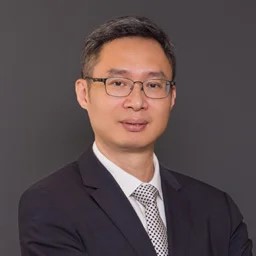
Xiaodong Chen
Nanyang Technological University, Singapore
Professor Xiaodong Chen is a Distinguished University Professor at Nanyang Technological University (NTU), Singapore, where he is a Professor in Materials Science and Engineering, with joint and courtesy appointments in Electrical and Electronic Engineering, Chemistry, and Medicine. His research interests encompass mechanomaterials science and engineering, surface and interface science, flexible electronics technology, and carbon-negative technologies.
Prof. Chen's outstanding scientific contributions have been recognized with numerous awards, including the Singapore President's Science Award, Singapore National Research Foundation (NRF) Investigatorship and NRF Fellowship, the Friedrich Wilhelm Bessel Research Award, Dan Maydan Prize in Nanoscience and Nanotechnology, Winner of Falling Walls, and Kabiller Young Investigator.
Prof. Chen is an elected member of the Royal Society, the German National Academy of Sciences Leopoldina, the Singapore National Academy of Science, and the Academy of Engineering Singapore. He serves on the editorial advisory boards of numerous esteemed international journals, including Advanced Materials, Matter, Chemical Reviews, CCS Chemistry, Small, and Nanoscale Horizons. He is currently the Editor-in-Chief of ACS Nano, a globally recognized leading journal in nanoscience and nanotechnology.

Jerome Crocco
Inbrain Neuroelectronics, Spain
Jerome Crocco is the Chief Operating Officer of Inbrain Neuroelectronics, a leading innovator in flexible electronics for medical device applications including neurological implantable devices as well as flexible medical X-ray imaging devices when he served as CTO of DPIX (currently InnovaFlex Foundry). With a background in semiconductor manufacturing and microfabrication, he has led operational and strategic efforts to scale thin film flexible electronics for human health. His work bridges the gap between advanced materials engineering and medical device development, focusing on scalable processes and system integration. Jerome will discuss how flexible electronics are transforming the field of medical technology and enabling new therapeutic possibilities.
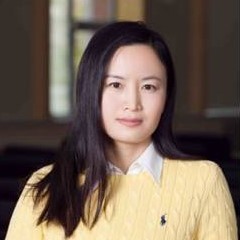
Ying Fang
National Center for Nanoscience and Technology, China
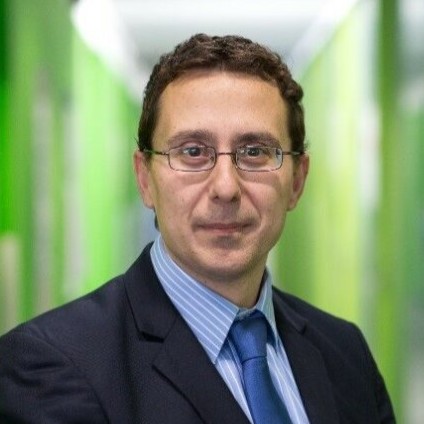
Dario Farina
Imperial College London, UK
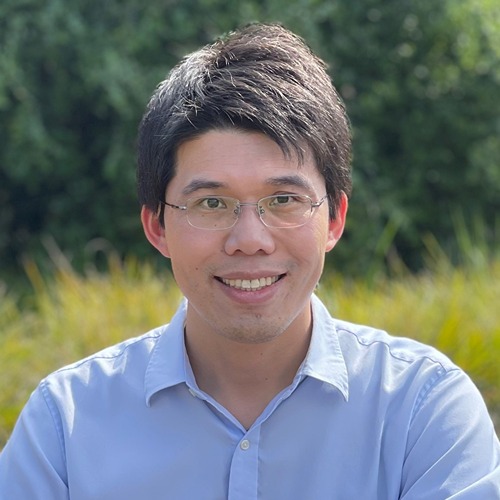
Wei Gao
California Institute of Technology, USA
Wei Gao is a Professor of Medical Engineering and Heritage Medical Research Institute Investigator in Division of Engineering and Applied Science at the California Institute of Technology. He received his Ph.D. in Chemical Engineering at the University of California, San Diego in 2014 as a Jacobs Fellow and an HHMI International Student Research Fellow. In 2014-2017, he was a postdoctoral fellow in the Department of Electrical Engineering and Computer Sciences at the University of California, Berkeley.
He is an Associate Editor of Science Advances, npj Flexible Electronics, Biosensors and Bioelectronics, and Sensors & Diagnosis. He is a recipient of NSF Career Award, ONR Young Investigator Award, IAMBE Early Career Award, Sloan Research Fellowship, Pittcon Achievement Award, IEEE EMBS Early Career Achievement Award, IEEE Sensor Council Technical Achievement Award, MIT Technology Review 35 Innovators Under 35, and Falling Walls Breakthrough of the Year in Engineering and Technology. He is a World Economic Forum Young Scientist, a Highly Cited Researcher (Web of Science), and an AIMBE fellow. His research interests include wearable biosensors, digital medicine, bioelectronics, flexible electronics, and micro/nanorobotics. For more information about Gao’s research, visit www.gao.caltech.edu.
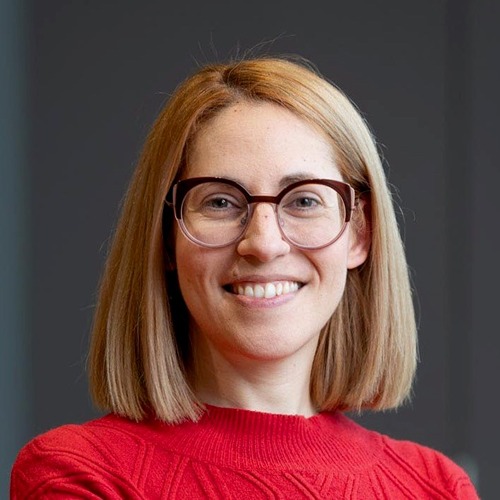
Vasiliki (Vasso) Giagka
Delft University of Technology, Netherlands
Vasiliki (Vasso) Giagka is an Associate Professor of Bioelectronics at TU Delft and Research Group Leader at Fraunhofer IZM in Berlin, where she leads the SoMa Neurointerfaces group. She received her Ph.D. in Electronic Engineering from University College London (UK).
She leads interdisciplinary research at the intersection of engineering, materials science, and neuroscience, focusing on soft, multimodal neural interfaces that integrate electronic, optical, and acoustic modalities to enable precise sensing and modulation of neural activity. Her work aims to advance implantable technologies for long-term, reliable interfacing with the nervous system across spatial and temporal scales. She has been a driving force behind several neurotechnology initiatives across European and national programs, with a particular interest in the translational potential of flexible and hybrid bioelectronic systems.
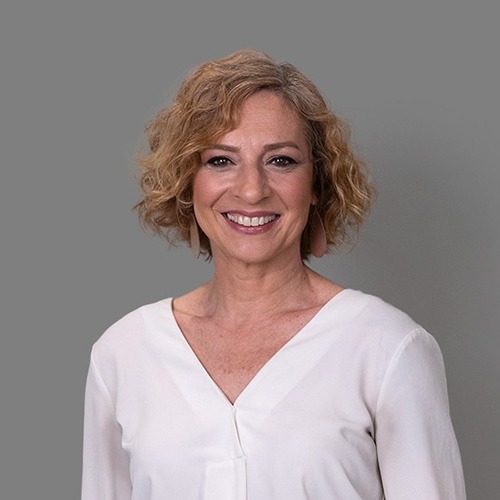
Rebecca Gottlieb
Biolinq, Inc., USA
Dr. Rebecca Gottlieb leads the development of next-generation biosensing technologies at Biolinq, where she oversees research on wearable electrochemical sensors capable of continuously monitoring novel biomarkers. She directed the creation of Biolinq’s first-generation glucose sensor chemistry and now spearheads innovation in enzymatic, aptameric, and multi-analyte sensing technologies to expand the boundaries of personalized health monitoring. Prior to joining Biolinq, Dr. Gottlieb spent 20 years at Medtronic Diabetes, where she served as Vice President of Research & Technology and was named a Bakken Fellow. She helped shape the company’s technology vision and led research on seven product families in areas such as glucose sensing, automated insulin delivery, and analyte detection platforms. She holds 40 issued patents and has a proven track record of translating advanced research into impactful medical technologies. Dr. Gottlieb has a Ph.D. in Bioengineering from the University of Pittsburgh.

Timothy Harris
Johns Hopkins University, USA
Tim Harris is a Group Leader and Senior Fellow at the HHMI Janelia Farm Research Campus in Ashburn, VA and a Research Professor at Johns Hopkins University Department of Biomedical Engineering.
In 2008 Tim moved to the HHMI Janelia Research Campus. Among others, he initiated a project, now called Neuropixels, jointly funded by HHMI, The Allen Institute for Brain Research, Gatsby Charitable Foundation, and the Wellcome Trust, partnered with Cambridge University and University College London. The resulting probes 384 channel fully integrated probes are now available. More than 28,000 probes have been shipped to more than 1,600 labs since January, 2018. At Johns Hopkins, with funding from the NIH BRAIN Initiative, the Harris lab is finalizing the family of recording probes with Neuropixels NXT, small enough for more than 6,000 channels in a freely moving mouse. Future work seeks to simplify the practice of multiprobe implants and add high spatial and time resolution closed loop programable electrical stimulation devices to the matrix of recording probes.
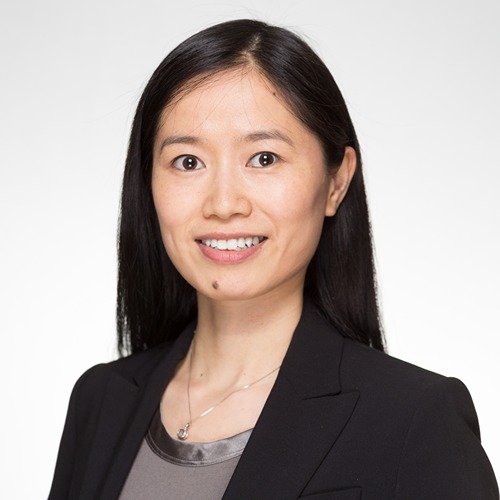
Xiaoting Jia
Virginia Tech, USA
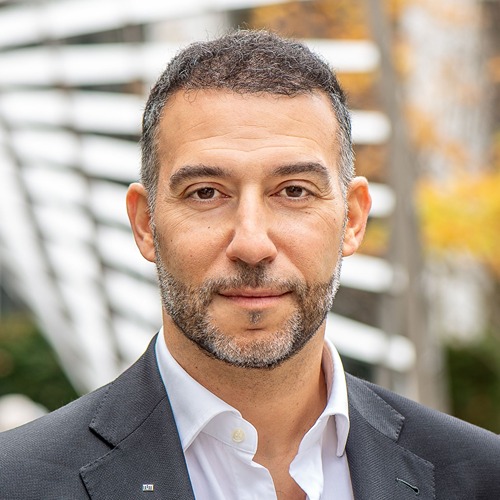
Lorenzo Masia
Technical University of Munich (TUM), Germany
Lorenzo Masia (Rome 1977) began his career in Mechanical Engineering with a degree from Sapienza University of Rome in 2003, followed by a PhD from the University of Padua in 2007. His initial steps into robotics were marked by two-year as Researcher at Massachusetts Institute of Technology’s Newman Lab for Biomechanics and Human Rehabilitation.
He took on the role of Team Leader at the Italian Institute of Technology, specifically in the Robotics Brain and Cognitive Sciences Department. By 2013, Masia he was an Assistant Professor at Nanyang Technological University of Singapore in the School of Mechanical & Aerospace Engineering, where he remained until 2018 and later progressed at the University of Twente, where he held the position of Associate Professor in Biodesign. Professor Masia has been at Heidelberg University in Germany (2019-2024), serving as a Full Professor in Biorobotics & Medical Technology, where he founded the ARIES Lab, focusing on Assistive Robotics and Interactive ExoSuits at the Institute of Computer Engineering (ZITI).
From the 1st of October 2024, he is Professor in “Intelligent BioRobotic Systems” and Executive Director of the Munich Institute for Robotics and Machine Intelligence (MIRMI) at the Technical University of Munich (TUM).
Professor Masia's work has garnered international acclaim, evidenced by multiple international awards at leading conferences in Biorobotics and Robotic Rehabilitation, including two IEEE Best Paper Awards and three IEEE Best Student Paper Awards, among others.
In addition to his research and teaching, Professor Masia holds significant editorial roles with several prestigious journals, IEEE Transaction on Robotics, IEEE Robotics and Automation Letters, IEEE Transaction on Neural Systems and Rehabilitation Engineering, Journal of Neuroengineering and Rehabilitation and Wearable Technologies. He has also played key roles as Program Chair in organizing major IEEE RAS conferences in the field, and he has been the General Chair for IEEE RAS EMBS BIOROB 2024 (1-4 September 2024, Heidelberg, Germany).
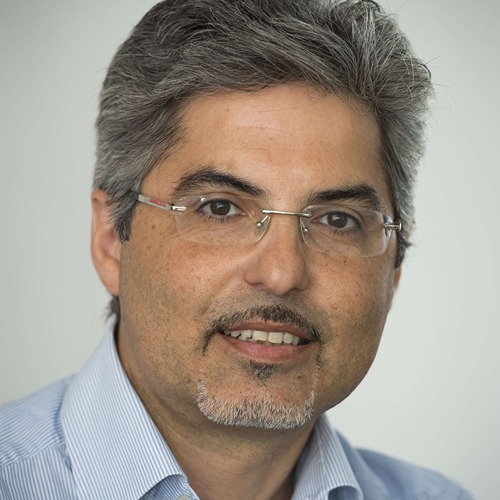
Luigi G. Occhipinti
University of Cambridge, UK
Dr Luigi G. Occhipinti is a Research Professor (Full) of Smart Electronics, Biosystems and AI at the University of Cambridge, Department of Engineering. He has over 25 years of experience leading research and innovation across academia and industry, covering multiple disciplines including flexible and wearable sensor systems, biomedical devices, advanced signal processing, artificial intelligence and robotics, renewable energy systems, and nanomaterials. Since joining the University of Cambridge in 2014, he has led the Occhipinti Group, a world-leading multidisciplinary research team developing scientific discovery and groundbreaking innovation in advanced materials and intelligent wearable electronics, neuromorphic computing, and digital twin technologies for applications in healthcare and wellbeing.
His research and innovation outputs include more than 190 scientific publications, 4 books and book chapters, and over 90 patents and patent applications (52 granted, 7 as sole inventor). Professor Occhipinti is also co-founder and non-executive director of two University spinouts and two independent startups developing biomedical and sensor technologies. He is a Senior Member of the IEEE and recipient of the 2024 IEEE Technical Achievement Award from the IEEE Sensors Council, recognising his contributions to 2D material-based flexible sensors with huge impact both in academia and industry.
Personal Profile: www.eng.cam.ac.uk/profiles/lgo23
Group webpage: www.occhipintigroup.com
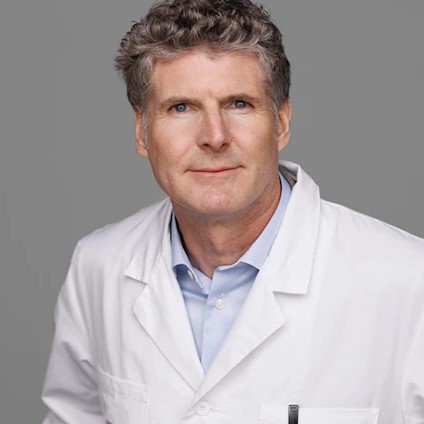
Peder Olofsson
Karolinska Institutet, Sweden

Marcia O'Malley
Rice University, USA
Dr. Marcia K. O’Malley is the Thomas Michael Panos Family Professor of Mechanical Engineering, Computer Science, Electrical and Computer Engineering, and Bioengineering at Rice University, where she serves as Chair of the Department of Mechanical Engineering in the George R. Brown School of Engineering and Computing. She directs the Mechatronics and Haptic Interfaces (MAHI) Lab and holds adjunct appointments in Physical Medicine and Rehabilitation at Baylor College of Medicine and the University of Texas Medical School at Houston. Dr. O’Malley earned her B.S. in Mechanical Engineering from Purdue University and her M.S. and Ph.D. from Vanderbilt University. She is a Fellow of ASME, IEEE, AIMBE, and the International Academy of Medical and Biological Engineering (IAMBE).
Her research advances physical human-robot interaction, haptic feedback, and wearable robotic systems for rehabilitation and assistive applications. She has pioneered approaches to motor adaptation and skill acquisition through psychophysical studies and shared control strategies, enabling technologies that restore movement coordination following neurological injury and enhancing training of complex motor skills in virtual environments. Her work has led to novel exoskeletons and haptic interfaces that leverage soft and flexible components for enhanced comfort and usability, bridging robotics and emerging materials for human health. Her research has been supported by NSF, NIH, ONR, NASA, and industry, and Dr. O’Malley has authored over 200 peer-reviewed publications. Her contributions have been recognized with the ONR Young Investigator Award, NSF CAREER Award, and the 11th Grand Nagamori Award for innovations in electromechanical systems. At Rice, she has received the George R. Brown Award for Superior Teaching and the Faculty Award for Excellence in Research, Teaching, and Service.

John A. Rogers
Northwestern University, USA
Professor John A. Rogers began his career at Bell Laboratories as a Member of Technical Staff in the Condensed Matter Physics Research Department in 1997, and served as Director from the end of 2000 to 2002. He then spent thirteen years at the University of Illinois, as the Swanlund Chair Professor and Director of the Seitz Materials Research Laboratory. In 2016, he joined Northwestern University as the Simpson/Querrey Professor, where he is also Director of the Institute for Bioelectronics. He has co-authored nearly 1000 papers and he is co-inventor on more than 100 patents. His research has been recognized by many awards, including a MacArthur Fellowship (2009), the Lemelson-MIT Prize (2011), the Smithsonian Award for American Ingenuity in the Physical Sciences (2013), the Benjamin Franklin Medal (2019), a Guggenheim Fellowship (2021), the James Prize from the NAS (2022) and the IEEE Biomedical Engineering Award (2024). He is a member of the National Academy of Engineering, the National Academy of Sciences, the National Academy of Medicine and the American Academy of Arts and Sciences.
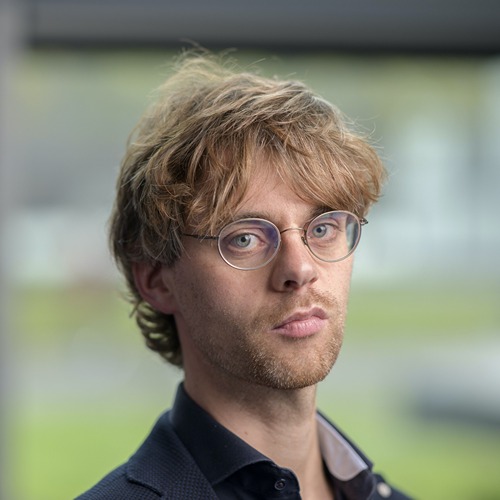
Massimo Sartori
University of Twente, The Netherlands
Massimo Sartori is a Full Professor and Head of the Chair of Neuromuscular Robotics at the University of Twente (The Netherlands), where he also directs the Neuromechanics and Neuromuscular Robotics Lab (NeuBotics Lab). His research focuses on understanding how human movement emerges from the interaction between the nervous and musculoskeletal systems in healthy and impaired individuals. He combines neural interfacing with real-time neuromusculoskeletal modelling and simulation to develop symbiotic robotic exoskeletons and bionic limbs aimed at restoring movement after neuromuscular injury. He has co-developed widely used open-source musculoskeletal modelling platforms, including CEINMS-RT and MyoSuite, and has received multiple prestigious blue-sky grants from the EU’s premier funding agency the European Research Council.
Prof. Sartori has developed patented technologies in wearable sensors, exoskeletons, and bionic legs in collaboration with industry partners such as OttoBock HealthCare, and received an official commendation from the Municipality of Affi (Italy). He currently co-chairs the IEEE RAS Technical Committee on BioRobotics and serves as Associate Editor of IEEE Transactions on Neural Systems and Rehabilitation Engineering. He earned his PhD in Information Engineering from the University of Padova (2011), held visiting positions at the University of Western Australia, Griffith University, and Stanford University, and conducted postdoctoral research at the University of Göttingen, where he became Junior Research Group Leader in 2015. He has been at the University of Twente since 2017.
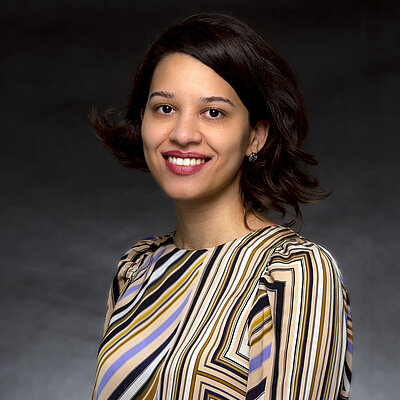
Cecília de Carvalho Castro e Silva
Mackenzie Presbyterian University, Brazil
Cecília C. C. Silva holds a Ph.D. in Chemistry from the State University of Campinas (Unicamp) (2015) in Brazil, with an internship period at The State University of New Jersey - Rutgers (USA). Her academic journey has been marked by a commitment to advancing the field of nanotechnology and graphene-based biosensors. Since 2016, she has been an assistant professor at Mackenzie Presbyterian University and an associate researcher at MackGraphe - Mackenzie Institute for Research in Graphene and Nanotechnologies, located in São Paulo, Brazil. She served as a visiting professor in the Nanobioelectronics and Biosensors Group at the Catalan Institute of Nanoscience and Nanotechnology (ICN2) in Barcelona, Spain (Feb 2020 to Jun 2021). In 2016, Forbes Brazil included Cecilia Silva in the list "30 Under 30 Brazil," recognizing her as among the 30 most talented individuals under the age of 30. The research group led by Cecilia Silva specializes in the synthesis and functionalization of two-dimensional materials and exploring microfluidics and microelectronics to develop biosensors for the healthcare, environmental, and agriculture sectors. Her efforts at the MackGraphe Institute extend beyond academia, where she actively collaborates with industry partners, driven by a vision to connect academic research on 2D materials with real-world impact. Cecilia is also a vocal advocate for women in STEM.
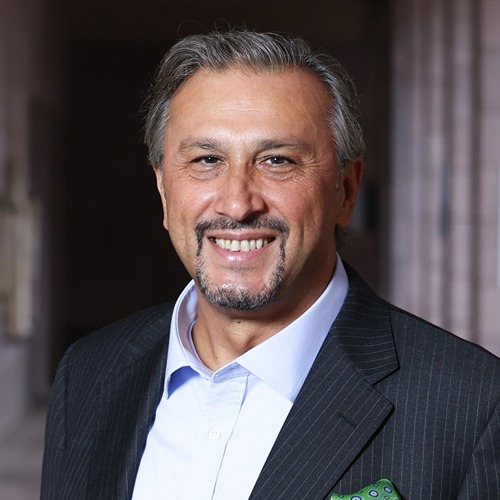
Metin Sitti
Koç University, Turkey
Prof. Dr. Metin Sitti is the President and Professor of Koç University in Istanbul, Turkey since fall 2023. Formerly, he was a Director of the Physical Intelligence Department at Max Planck Institute for Intelligent Systems, Germany (2014-2023), Professor at ETH Zurich, Switzerland (2020-2024), Professor at Carnegie Mellon University, USA (2002-2014), and Research Scientist at UC Berkeley, USA (1999-2002). He received his BSc (1992) and MSc (1994) degrees from Boğaziçi University, Turkey, and PhD degree from University of Tokyo, Japan (1999). His research interests include wireless medical devices, small-scale mobile robots, bioinspiration, and physical intelligence. He is a member of National Academy of Engineering (USA), Academy Europea, and Max Planck Society. He received the Highly Cited Researcher recognition (since 2021), Frontiers of Science Award (2025), Materials Science Leader Award (since 2023), Breakthrough of the Year Award in the Falling Walls World Science Summit (2020), ERC Advanced Grant (2019), Rahmi Koç Science Medal (2018), SPIE Nanoengineering Pioneer Award (2011), and NSF CAREER Award (2005). He has supervised and mentored over 70 (18 current) PhD students and 80 (10 current) postdocs, where over 65 of his group alumni are professors around the world. He has published 2 books and over 420 journal articles and has over 30 patents. He founded Setex Technologies Inc. to commercialize his lab’s gecko-inspired microfiber adhesive technology. He is the editor-in-chief of Journal of Micro-Bio Robotics journal and associate editor in Science Advances journal.
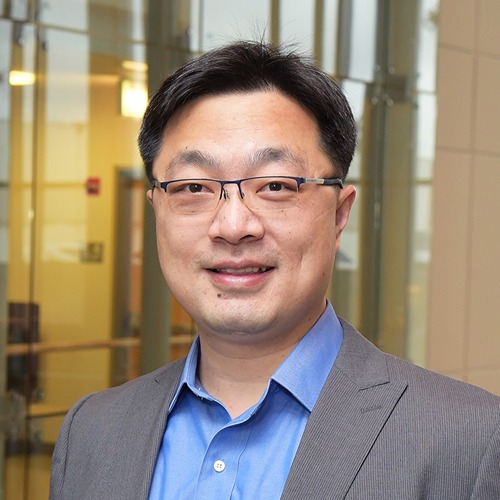
Bozhi Tian
University of Chicago, USA
Dr. Bozhi Tian earned his Ph.D. in Physical Chemistry from Harvard University and completed postdoctoral training in regenerative medicine at the Massachusetts Institute of Technology. He is currently a professor at the University of Chicago, where his research bridges physical chemistry and bioelectronics to advance both fundamental understanding and practical applications at bioelectrical interfaces. His work has enabled the creation of novel semiconductor-based materials and electronic systems designed to probe subcellular dynamics and explore the translational potential of bioelectrical platforms. His lab is particularly active in emerging areas such as photoelectroceuticals, living bioelectronics, and sustainable healthcare technologies. Dr. Tian’s contributions have been recognized with many honors, including the Raymond and Beverly Sackler International Prize in the Physical Sciences and the Presidential Early Career Award for Scientists and Engineers (PECASE).
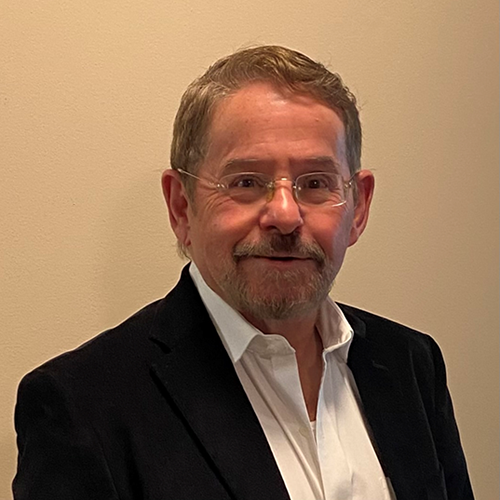
Joseph Wang
University of California, San Diego (UCSD), USA
Joseph Wang is a Distinguished Professor of Nanoegineering, a SAIC Endowed Professor and the Director of the Center of Wearable Sensors (CWS) at University of California San Diego (UCSD), USA. Dr. Wang has made pioneering contributions to the fields of wearable sensors, biosensors, and microscale robots. He is a member of the US National Academy of Inventors, and of the European Academies of Engineering and of Science and Arts, and a fellow of the RSC, ECS and AIMBE. He has authored over 1300 research papers, 12 books, and 60 patents. He has been a has been a Thomson Reuters Highly Cited Researcher since 2015 (H Index 216). Wang holds Honorary Professor from 11 different universities and is the recipient of 3 National American Chemical Society Awards for Analytical Chemistry (2024), Electrochemistry (2006) and Instrumentation (1999), of the Ralph Adams Pittcon Award in Bioanalytical Chemistry, of the Talanta Medal, 2021 IUPAC Analytical Chemistry Medal, the Breyer Medal (Australia), Heyrovsky Medal (Czech Republic) the Speirs Medal (RSC), and the IEEE Sensor Achievement Award, 2021.
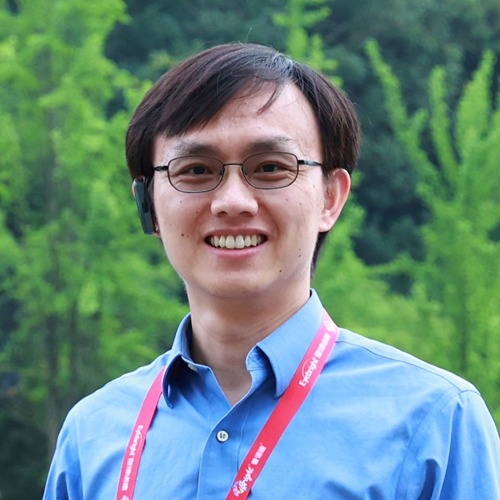
Sheng Xu
Stanford University, USA
Dr. Sheng Xu is a tenured professor and the inaugural Director of Emerging Technologies in the Department of Anesthesiology, Perioperative and Pain Medicine at Stanford University, with a courtesy appointment in Electrical Engineering. He earned his B.S. degree in Chemistry from Peking University and his Ph.D. in Materials Science and Engineering from the Georgia Institute of Technology. Subsequently, he pursued postdoctoral studies at the Materials Research Laboratory at the University of Illinois at Urbana-Champaign. His research group is interested in developing new materials and fabrication methods for soft electronics, with a particular focus on wearable ultrasound technology. His research has been presented to the United States Congress as a testimony to the importance and impact of NIH funding. He has received numerous honors, including the NIH Maximizing Investigators’ Research Award, NIH Trailblazer Award, Sloan Fellowship, IEEE EMBS Technical Achievement Award, ETH Zürich Materials Research Prize for Young Investigators, MRS Outstanding Early Career Investigator Award, and a finalist of the Blavatnik National Awards for Young Scientists. He is a Fellow of AIMBE, IEEE, and MRS.
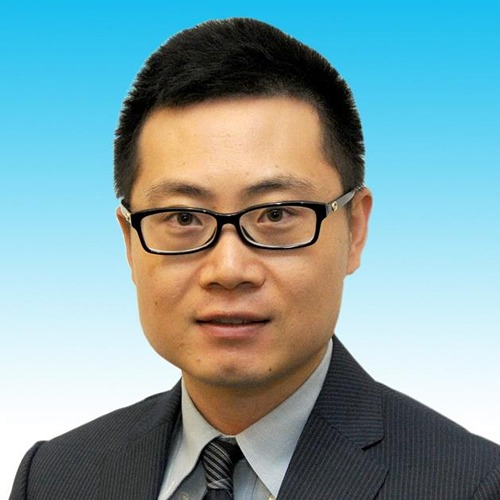
Xinge YU
City University of Hong Kong, China
Xinge Yu is a Professor of Biomedical Engineering at City University of Hong (CityU), the Member of the Hong Kong Young Academy of Sciences, Young Member of Hong Kong Academy of Engineering. He is the Associate Director of Institute of Digital Medicine at CityU, Associate Director of Hong Kong Centre for Cerebro-cardiovascular Health Engineering. Prof Yu is the recipient of NSFC Distinguished Young Scientist Grant (Scheme A), RGC Research Fellow, NSFC Excellent Young Scientist Grant (Hong Kong & Macao), Innovators under 35 China (MIT Technology Review), New Innovator of IEEE NanoMed, MINE Young Scientist Award, Stanford's top 2% most highly cited scientists etc. Prof. Yu is the Associate Editor of Science Advances, Microsystem & NanoEngineering, Bio-Design and Manufacturing etc. Xinge Yu’s research group is focusing on skin-integrated electronics and systems for VR and biomedical applications. He has published 200 papers in Nature, Nature Materials, Nature Biomedical Engineering, Nature Machine Intelligence, Nature Communications, Science Advances etc., and 50 patents filed/granted.
